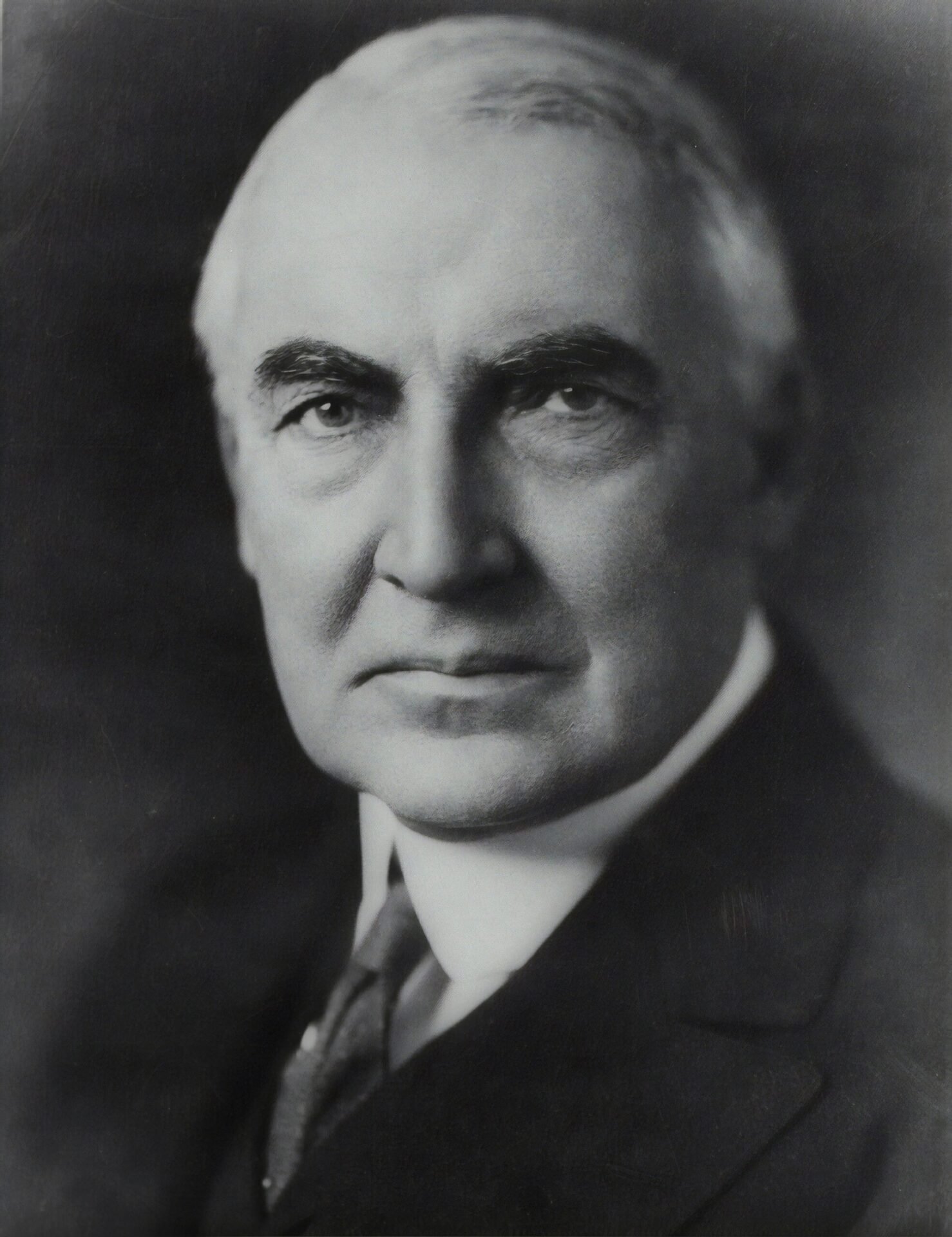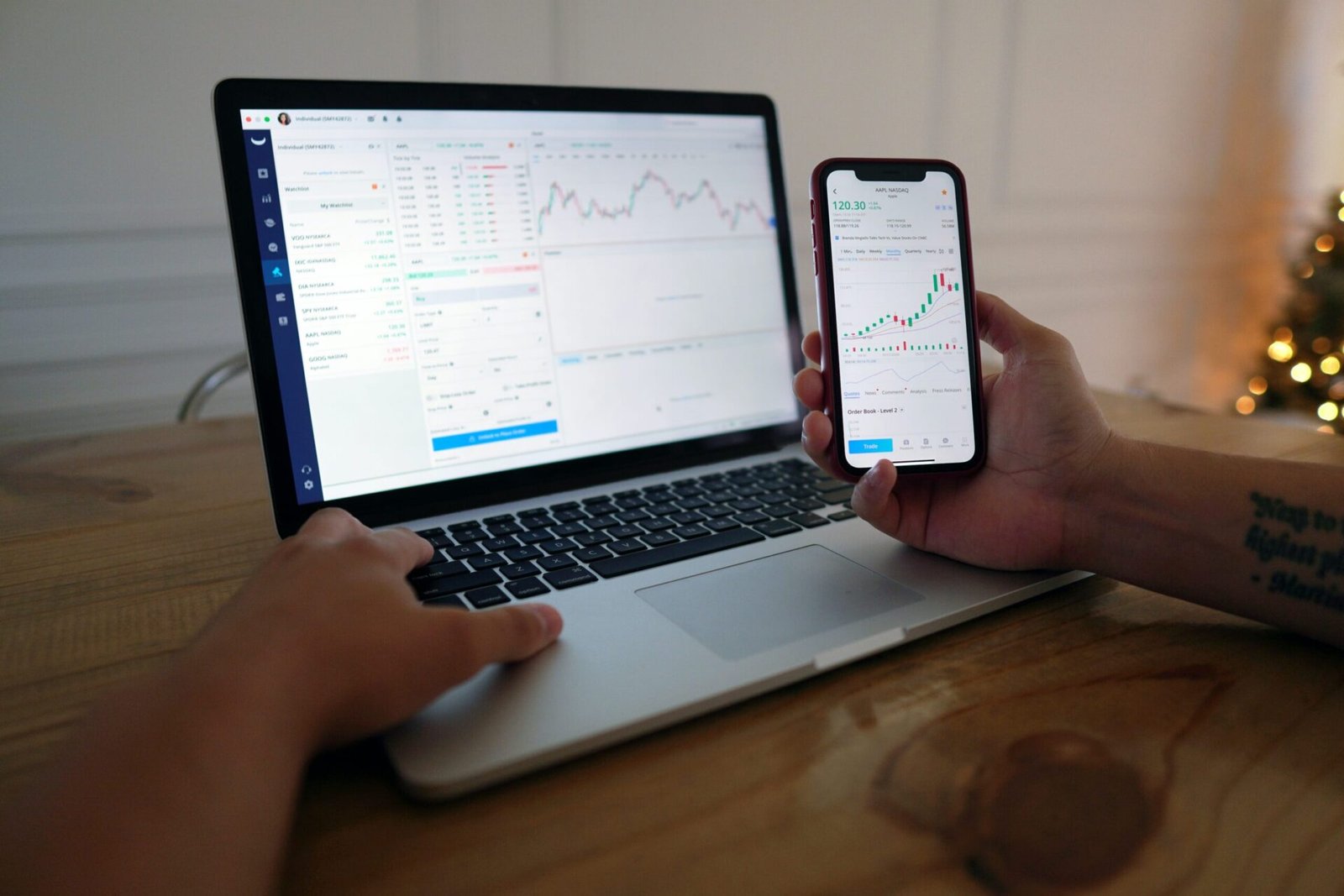Investing in the stock market can be a rollercoaster ride, with ups and downs that can make even the most seasoned investors nervous. Throughout history, there have been several stock market crashes that have had a significant impact on the global economy. These crashes have taught us valuable lessons about the nature of the stock market and the importance of being prepared for volatility.
The Great Depression (1929)
One of the most infamous stock market crashes in history is the Great Depression of 1929. It was triggered by the collapse of the American stock market, which led to a global economic downturn. This crash taught us the importance of regulation and the need for government intervention during times of financial crisis. It also highlighted the dangers of excessive speculation and the need for investors to diversify their portfolios.
Black Monday (1987)
In October 1987, the stock market experienced a sudden and severe crash known as Black Monday. On this day, the Dow Jones Industrial Average plummeted by more than 22%, causing panic among investors. This crash taught us the importance of risk management and the need to have a long-term investment strategy. It also highlighted the role of computerized trading systems in exacerbating market volatility.
The Dot-Com Bubble (2000)
In the late 1990s, the stock market experienced a speculative frenzy fueled by the rise of internet companies. This led to the creation of the dot-com bubble, which eventually burst in 2000. This crash taught us the importance of valuing companies based on their fundamentals rather than just their potential for future growth. It also highlighted the dangers of investing in overhyped and overvalued stocks.
The Global Financial Crisis (2008)
The global financial crisis of 2008 was triggered by the collapse of the US housing market and the subsequent banking crisis. This crash taught us the importance of risk assessment and the need for transparency in the financial industry. It also highlighted the interconnectedness of the global economy and the need for international cooperation in times of crisis.
The COVID-19 Pandemic (2020)
In early 2020, the stock market experienced a sharp decline due to the outbreak of the COVID-19 pandemic. This crash taught us the importance of being prepared for unexpected events and the need for diversification in investment portfolios. It also highlighted the resilience of certain sectors, such as technology and healthcare, in times of crisis.
Lessons Learned
While each stock market crash has its unique characteristics, there are some common lessons that can be learned from these historical events:
- Diversify your portfolio: Spreading your investments across different asset classes and sectors can help mitigate risk.
- Invest for the long term: Trying to time the market or make quick profits can be risky. It’s important to have a long-term investment strategy.
- Do your research: Before investing in a company, thoroughly research its fundamentals, financials, and industry trends.
- Manage your risk: Set realistic expectations and have a plan in place to manage potential losses.
- Stay informed: Keep up with the latest news and developments that may impact the stock market.
By learning from the past, investors can better navigate the ups and downs of the stock market. While crashes can be unsettling, they also present opportunities for those who are prepared and informed.
Remember, investing in the stock market involves risks, and it’s important to consult with a financial advisor or do your own research before making any investment decisions.






Be First to Comment